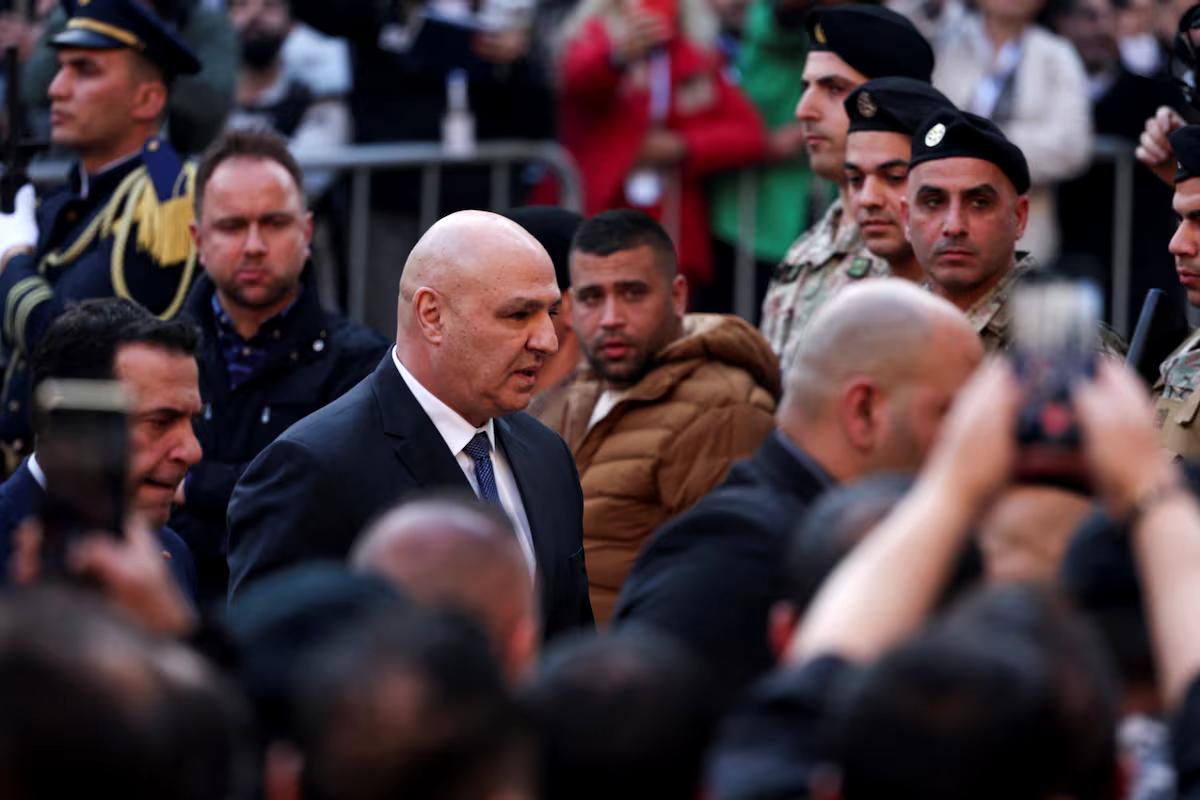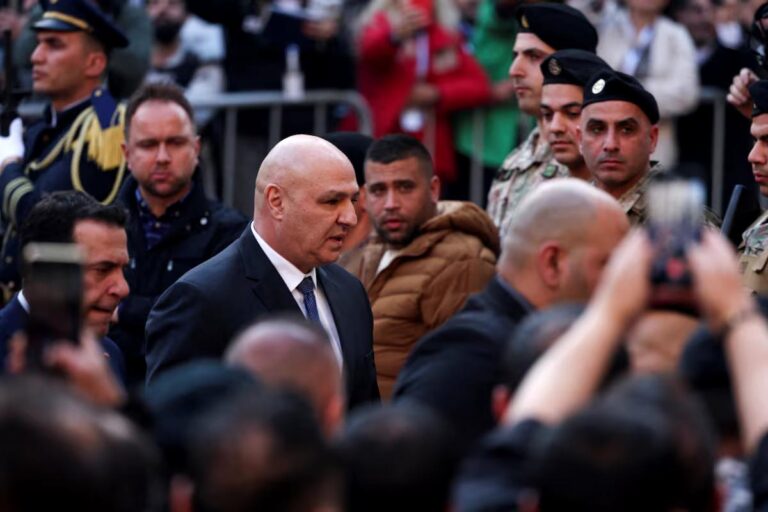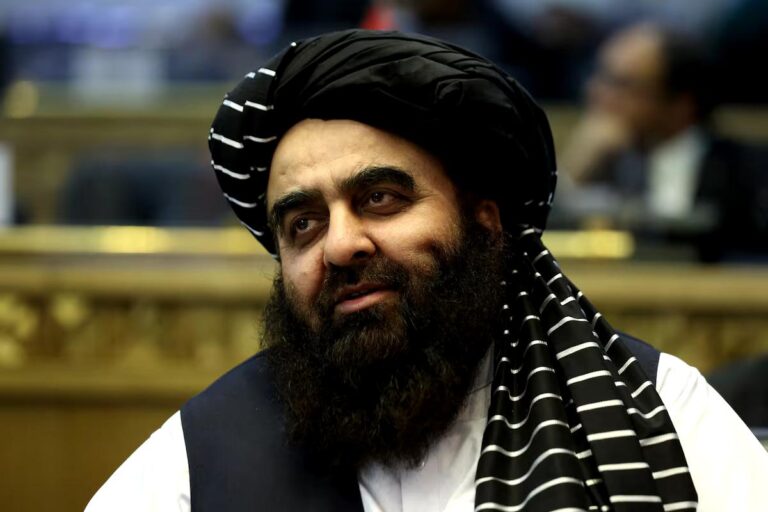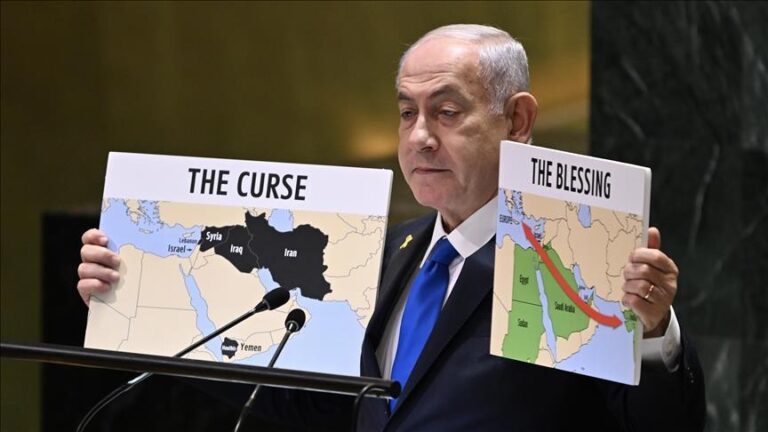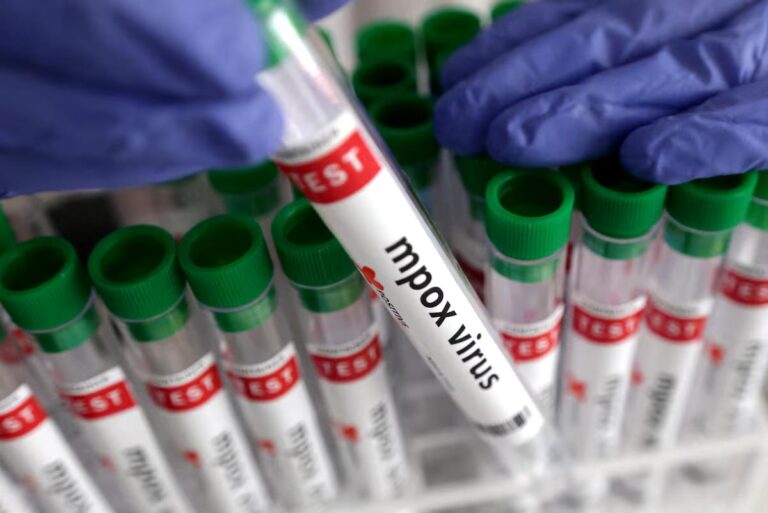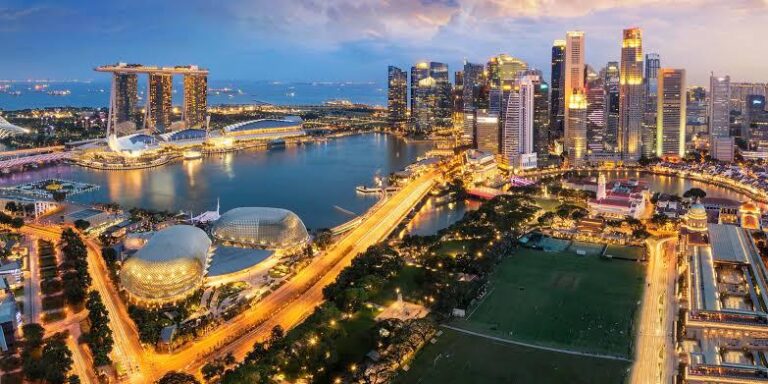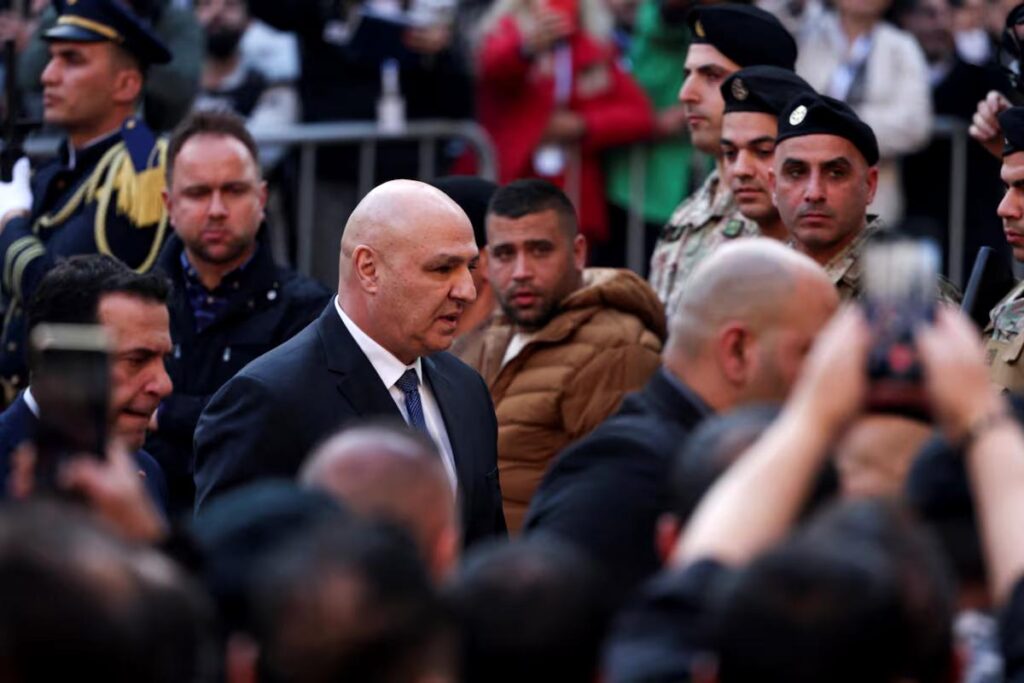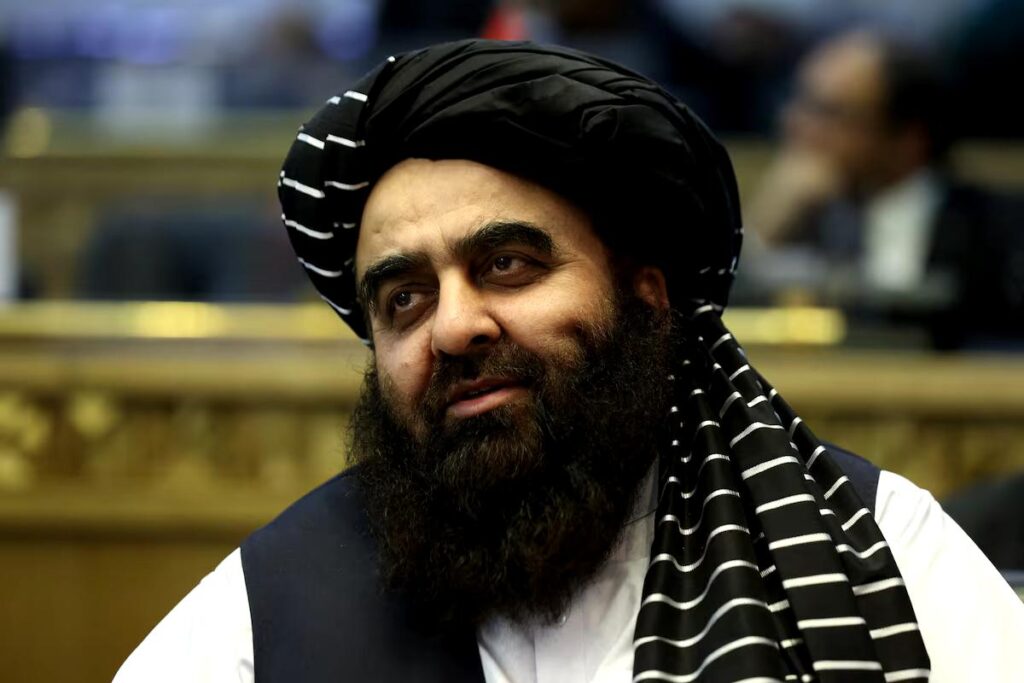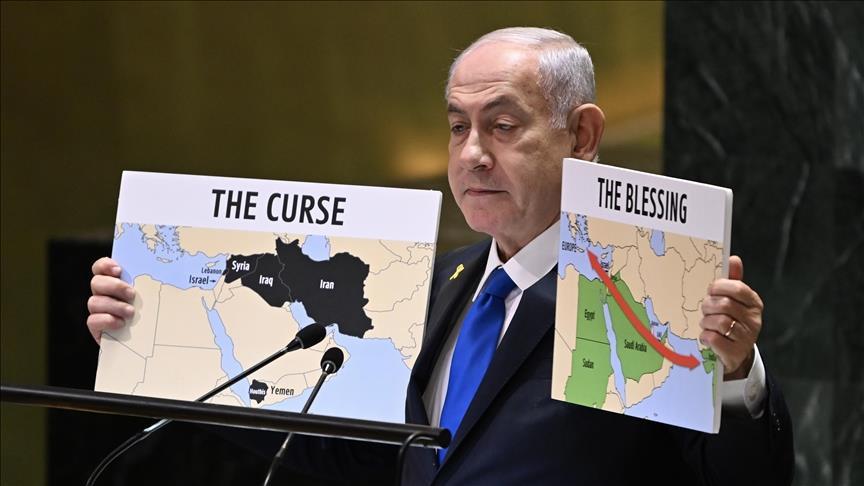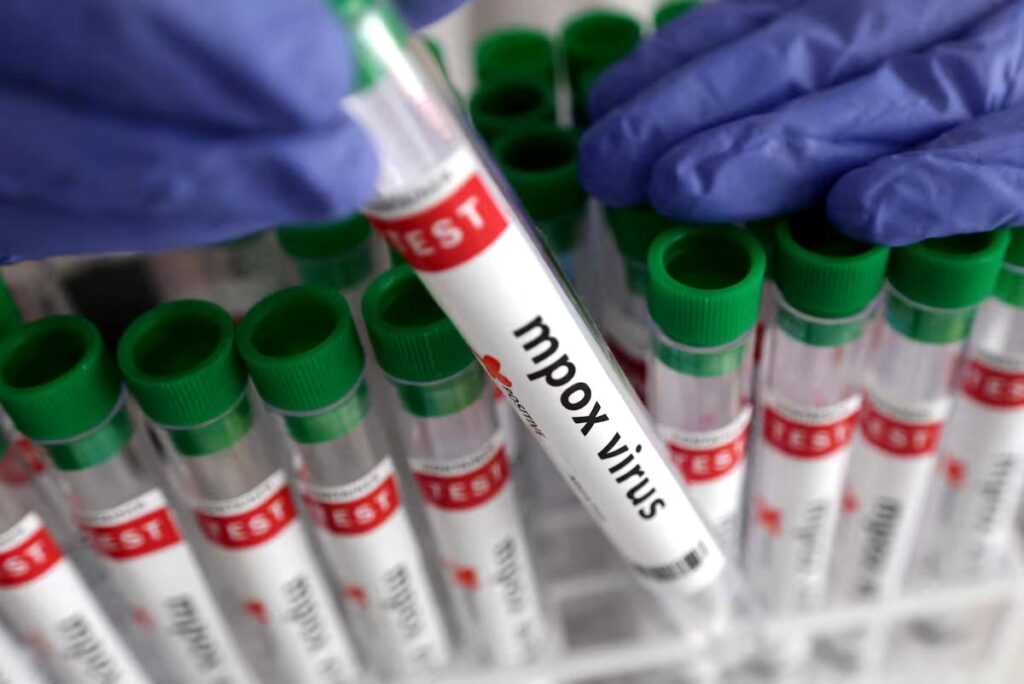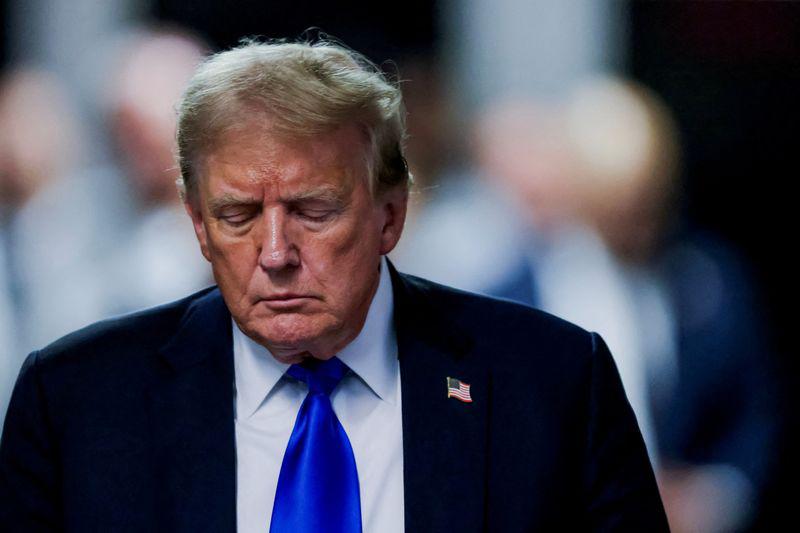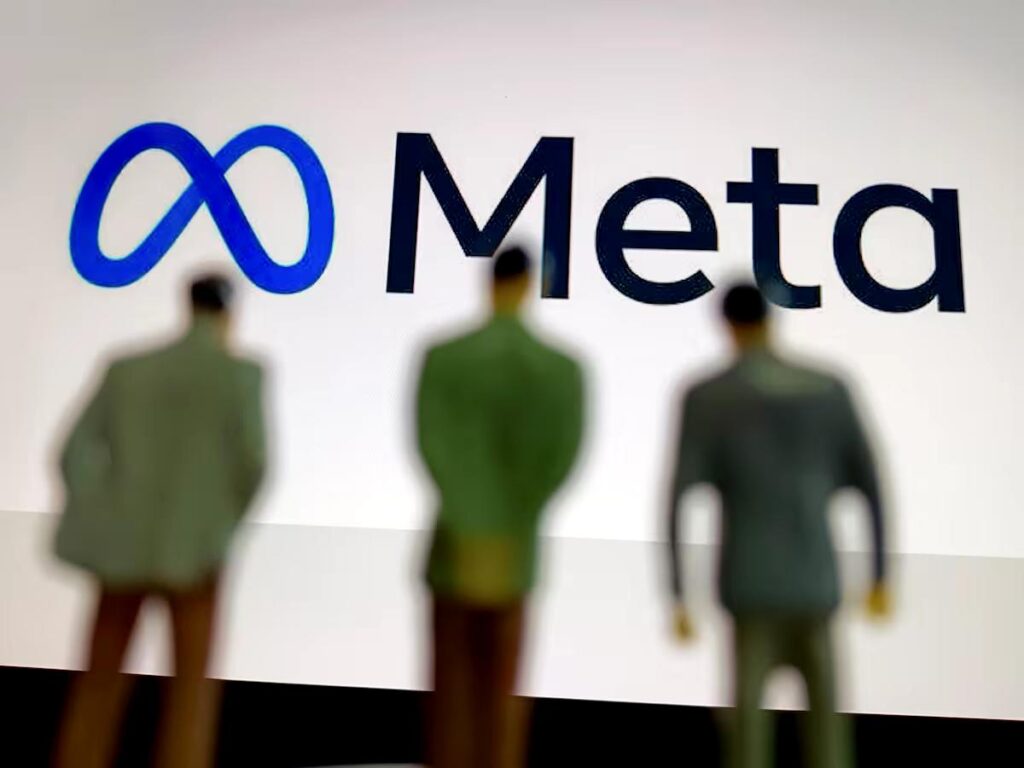army chief Joseph Aoun, backed by the US and Hezbollah, wins presidency, paving the way for a new government and economic reforms
Lebanon’s parliament has elected Army Chief Joseph Aoun as the country’s new president, ending a two-year political deadlock. This election marks a significant shift in Lebanon’s political landscape, with Aoun’s victory signaling potential changes in both domestic governance and international relations.
Joseph Aoun’s election
In a parliamentary session held on January 9, 2025, Joseph Aoun secured the presidency after two rounds of voting. In the first round, he received 71 out of 128 votes, falling short of the two-thirds majority required for an outright win. The second round saw him garner 99 votes, surpassing the necessary threshold. His election comes after a prolonged period of political instability, during which Lebanon lacked a president since October 2022.
Background of Joseph Aoun
Joseph Aoun, a 60-year-old career soldier, has led the Lebanese Army since 2017. During his tenure, he navigated the army through Lebanon’s severe financial crisis and maintained its non-involvement during a prolonged conflict between Israel and Hezbollah, despite multiple Lebanese troop casualties. His leadership has been characterized by a focus on limiting political interference in the army.
Political support and implications
Aoun’s election received backing from both the United States and Hezbollah, reflecting a rare convergence of interests between Western powers and the Iran-backed group. This support is expected to facilitate the formation of a new government and the implementation of economic reforms aimed at addressing Lebanon’s ongoing financial crisis. The international community views Aoun’s presidency as a potential turning point for Lebanon, offering hope for stability and recovery.
Challenges ahead
Despite the optimism surrounding Aoun’s election, significant challenges remain. Lebanon continues to grapple with a severe economic crisis, political fragmentation, and the need for comprehensive reforms. The new president will need to navigate complex domestic and international dynamics to restore Lebanon’s stability and prosperity.
In conclusion, Joseph Aoun’s election as Lebanon’s president marks a pivotal moment in the country’s political history. His leadership, supported by both domestic and international actors, offers a potential path toward resolving Lebanon’s political stalemate and addressing its pressing economic challenges.

